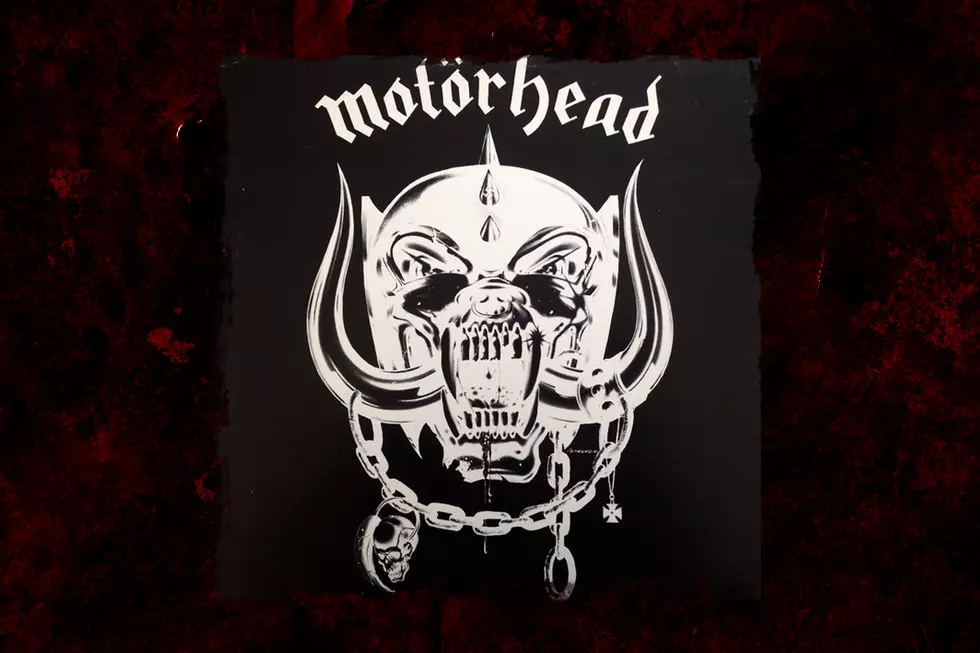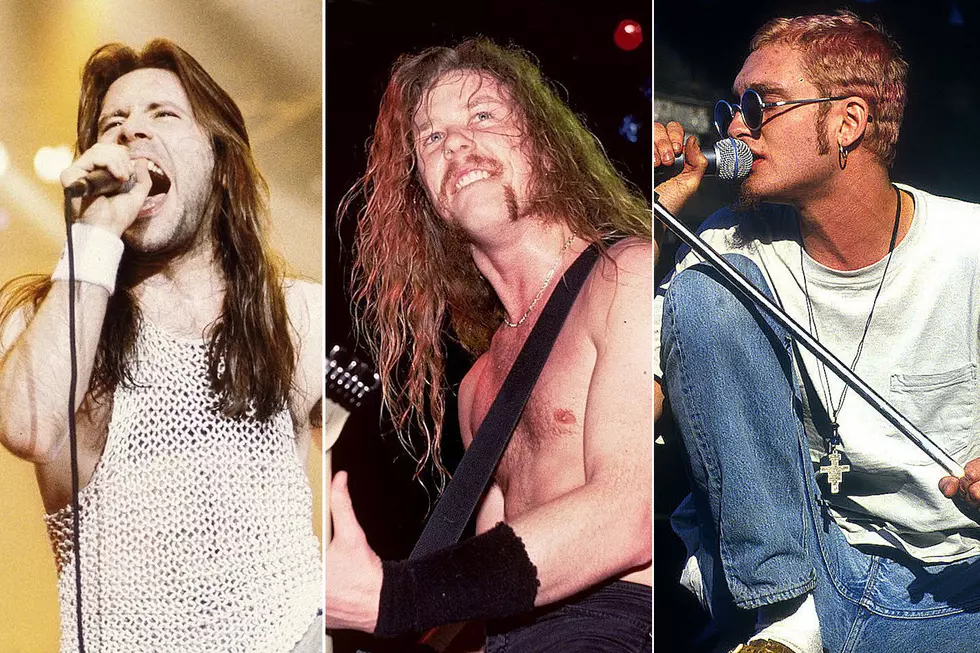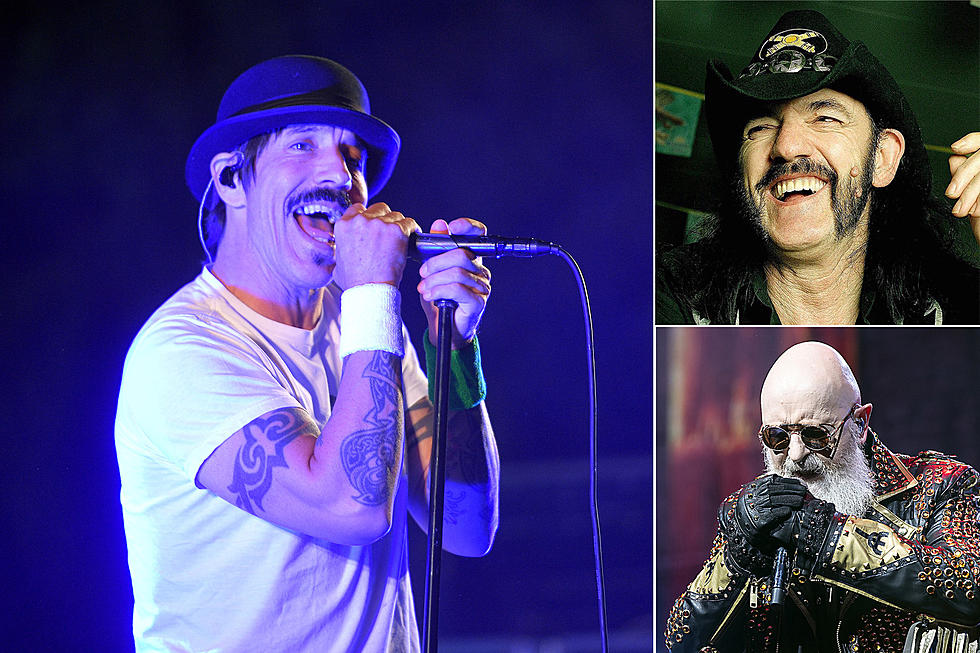
When Motorhead Shook Things Up With ‘Another Perfect Day’
The early '80s were a time of upheaval for Motorhead. "Fast" Eddie Clarke quit the band mid-tour in 1982, splitting up what many still consider the definitive lineup of the group and leaving founding bassist Lemmy Kilmister and drummer Phil "Philthy Animal" Taylor to find a new guitar player quickly.
They settled on Brian Robertson, whose work on Thin Lizzy's high-water marks (from 1975's Fighting through the classic Live and Dangerous in 1978) had impressed Taylor. "I didn't really know him that well," Taylor said in the Motorhead documentary The Guts and the Glory, "but I always thought he was one of the best guitar players in the world."
Lemmy invited Robertson to join Motorhead permanently at the end of the tour, and Robertson accepted, though not without some trepidation – and a condition or two.
"I said, 'If I’m going to be part of the band, then we really need to change the direction here, because I can’t play that old Motorhead stuff; it’s just too in your face,'" Robertson told PennyBlackMusic in 2011. "I wanted to do something a little bit more melodic with it and they told me to go ahead, so I started writing."
Watch Motorhead's 'I Got Mine' Video
The results arrived on June 4, 1983: Another Perfect Day was a more polished effort than previous Motorhead releases, and one some fans initially disowned as a result. That's not to say that fast and furious rockers like "Rock It" and "Die You Bastard" don't bear Motorhead's signature crunch: There's plenty of that on the album. But some elements — like the heavy chorus effect and arpeggio riff that run through "I Got Mine," or the overdubs that make the title track sound like a perfunctory FM radio production — were like foreign elements injected into healthy tissue.
True to form for Robertson, they came as a result of meticulous efforts in the studio. "Making Another Perfect Day was fucking torture," Lemmy said in The Guts and the Glory. "Brian would take 17 hours doing a guitar track. It fuckin' took so long compared with the other albums. And then when it was released, everybody fucking hated it."
Robertson told PennyBlackMusic that he "had a lot of effects, because what I recorded on the album I obviously overdubbed quite a lot. I had pitch transposers and all sorts of stuff. I was more or less tied to the pedal boards. It was like doing a little dance."
Both Lemmy and Robertson proclaimed an affection for the end result, and critical reassessments have been kind to the album. In fact, the band's toughest critic of all – Lemmy himself – probably best summed up this period, which ended when the guitarist left the band in late 1983: "I love that album," he told Metal Hammer in 2011. "It’s just Brian that I couldn’t fucking stand.”
Top 50 Classic Heavy Metal Albums
Remembering Motorhead's Lemmy Kilmister
More From KYBB-FM / B102.7










